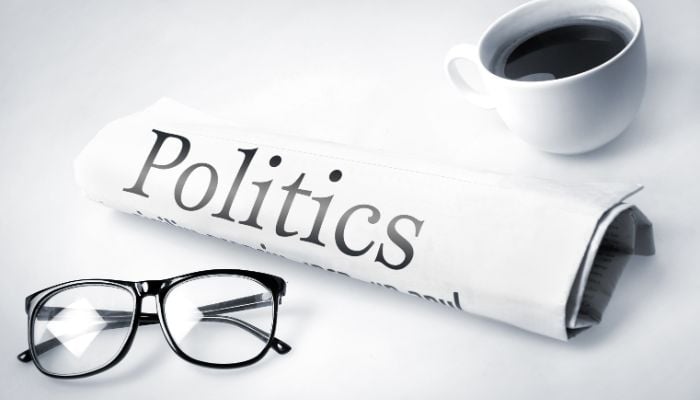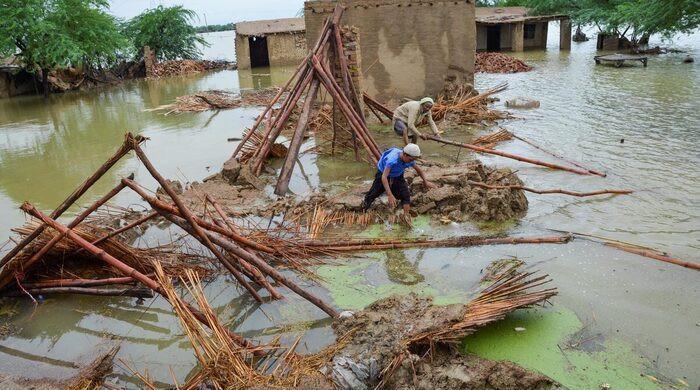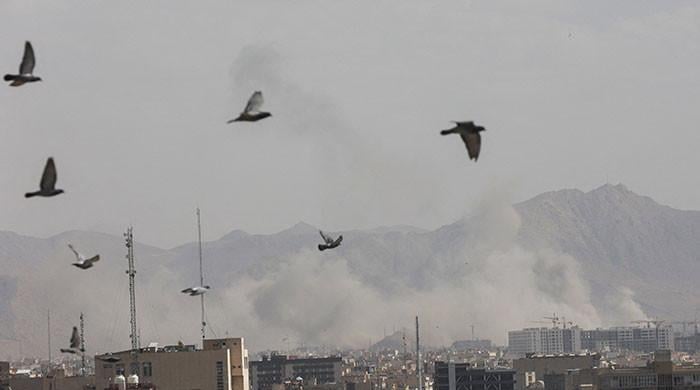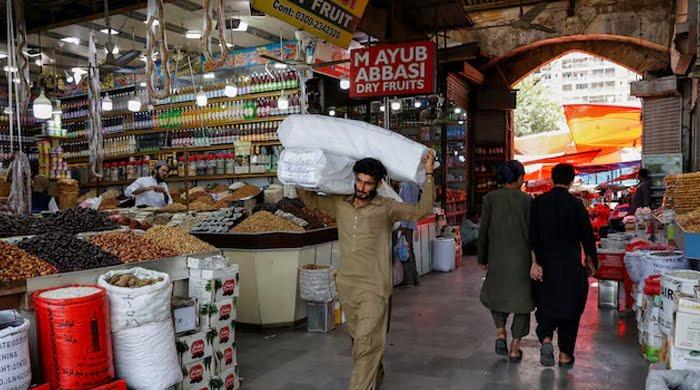And then there is delusion
Hope has long been gone and despondency has taken over, writes Raoof Hasan
June 16, 2023

It is mind-boggling to see how deeply infatuated the state and its institutions are with the task of rendering Imran Khan and Pakistan Tehreek-e-Insaf (PTI) irrelevant. The longer it takes them to do it because of setbacks they experience along the way, the more desperate and delusional they seem to get.
Even the perilous economic situation, the looming default and the lack of progress at any level for a possible reprieve, recede into insignificance in comparison with pushing Project Khan to its desired but disastrous fruition.
They may be equipped with a stock of potent implements to help them accomplish the task, but the path appears increasingly strewn with thorns and potholes as they move on. It was bound to be because an undertaking against the natural flow of time draws powerful forces from the opposite direction which is exactly what is being experienced in the current instance. The going is getting tougher as is their desperation to keep moving on, nevertheless.
One may agree with Khan or not, but one must not hesitate to acknowledge that disputes and differences in the political domain can only be tackled and resolved by using political weaponry. Nothing else will work — particularly in a country where institutions of the state may have been weakened, even compromised, but they are still there and becoming increasingly restless in the face of unrelenting criticism about their (lack of) performance.
The most important of these institutions is the judiciary which carries the burden of an inglorious past and demeaning coinages like the doctrine of necessity which legitimised dictatorships.
Fearing remedial intervention, which is its constitutional right and duty, the judiciary has been subjected mercilessly to venomous propaganda and its judges maligned and humiliated in the public domain by stalwarts of the ruling coalition.
This pressure has been palpable which has been reflected in some of its judgments, or absence thereof, but the assault goes on relentlessly lest this key pillar of the state wakes up to fulfilling its long-awaited constitutional responsibilities.
The defence minister’s statements recently were like plugging the last nail in the coffin of the institution. The pressure thus mounted will be unbearable and is likely to further impair the working and delivery of a key state organ. But this has been the objective ever since the launch of an unprecedented vituperative campaign against the judiciary and its judges: to render it dysfunctional.
This is exactly what it has become, scared of even handing out judgments which should have come as a matter of routine.
All other institutions have already succumbed to the relentless pressure they have been subjected to and, in the process, appropriately reduced to doing the illegal bidding of their unconstitutional masters.
In executing their favourite project, the government’s priorities appear painfully out of sync. With the country teetering on the brink of default, unemployment rising with inflation having jumped to the highest ever level of 38%, education and health systems on the verge of collapse, corruption having penetrated every sector of state operations beginning at the top, and with every indicator painting a dismal picture, the government’s focus remains unwaveringly on its bid to eliminate Khan.
It is as if their thinking faculties if they are still left with any, refuse to function beyond the precincts of this self-defacing infatuation.
Hope has long been gone and despondency has taken over. The future wears a bleak look as all able people take to leaving the country in droves. Such is the level of desperation that it begs for some celestial intervention to regenerate a feeling that we are still breathing. One has a numbing sensation building inside which is impossible to manage. Where are we headed? Does anyone really care?
What are the options left to ponder the struggle for survival? When the state apparatus would like you to believe that thieves have a right to be custodians of the exchequer and criminals should dictate the justice system; when good people feel afraid amidst an environment infested with ugliness and outlaws reign supreme; when crime festers and innocent live in fear; when divisions are augmented, and homogeneity becomes scarce.
And when today is a torture and tomorrow a mirage; when the security of life and property depends on ingratiating outlaws; when goodness is squeezed and wickedness sets the rules; when humanity goes into slumber and the animal within stalks; when dark becomes ascendant and light is incarcerated; when animals wear human apparel and be on the prowl; when survival becomes a painful and humiliating struggle and death beckons; and when hope recedes and despondency takes over.
This is no exaggeration. This is a reality that stares people in the face every morning they get up and every evening they try to close their eyes. These thoughts are a perennial presence. They would not leave them. Immersed in the murkiness of times, everyone is stretched to the limit just trying to keep their equilibrium. But this unending and seemingly unrewarding struggle is consuming them in no uncertain terms as they become increasingly enfeebled, thus easy victims for the forces of evil.
Much that one may pretend to be infallible, a streak of imperfection is built into all of us. It cannot be otherwise. We are all liable to make mistakes. It is only human. It would be wise to recognise our shortcomings and shun our delusional partaking. Remaining beholden to pre-conceived strategies can prove to be damagingly counterproductive. This is a path we should avoid treading. Let wisdom and sanity chisel our future. Let hope shine across the horizon, a prospect Faiz emblazons with his inimitable words:
The sky lives in hope
That the cycle of this magic is ruptured
The chain of silence is broken,
And time is cast aside.
Let a shell be blown somewhere,
Or some anklet may jingle.
Let some statue awaken suddenly,
And the veil be drawn from the face of beauty.
The writer is the information secretary of the PTI, and a fellow at King’s College London. He tweets @RaoofHasan
Disclaimer: The viewpoints expressed in this piece are the writer's own and don't necessarily reflect Geo.tv's editorial policy.
Originally published in The News











